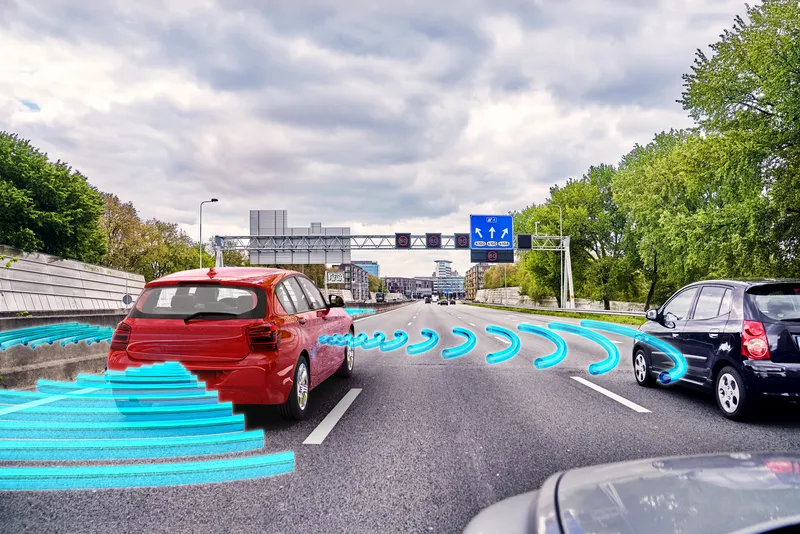Argus Cyber Security’s Connectivity Protection and Lifespan Protection solution suites have been integrated with Renesas Electronics Corporation’s R-Car H3 Computing Platform, in an agreement which aims to protect infotainment and telematics units in connected and autonomous vehicles against cyber-attacks.
The Argus Connectivity Protection is designed with the intention of preventing malware installation, detecting operating system anomalies, isolating suspicious activity and stopping attacks from spreading to the in-vehicle network. Argus’ Lifespan Protection is said to enable automakers and fleet managers to continuously monitor the cyber health of their vehicles in the cloud, provide big data analytics to identifying patterns and emerging attacks as well as future-proof vehicles through over-the-air security updates. In addition, the combined technology is intended to allow automakers to seamlessly embed crucial cyber security measures without impacting production cycles or increasing project risk.
Yoni Heilbronn, chief marketing officer of Argus Cyber Security, said: "We're excited to integrate our cyber security solutions on Renesas R-Car H3, as it forms a key component in driving forward connected and autonomous vehicles and marks another milestone on our mission to protect all vehicles on the road from cyber-attacks. With vehicles becoming increasingly connected and the age of autonomous vehicles rapidly approaching, it is crucial that all stakeholders in the automotive supply chain prioritize cyber security and provide automakers with the ability to protect connected vehicles against cyber-attacks throughout their lifespan, regardless of the attack vector."
Argus partners with Renesas to secure connected and autonomous vehicles against cyber attacks
Argus Cyber Security’s Connectivity Protection and Lifespan Protection solution suites have been integrated with Renesas Electronics Corporation’s R-Car H3 Computing Platform, in an agreement which aims to protect infotainment and telematics units in connected and autonomous vehicles against cyber-attacks. The Argus Connectivity Protection is designed with the intention of preventing malware installation, detecting operating system anomalies, isolating suspicious activity and stopping attacks from
January 9, 2018
Read time: 2 mins










